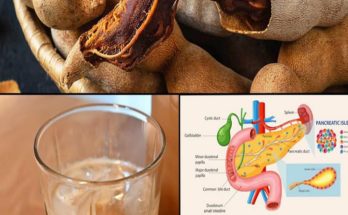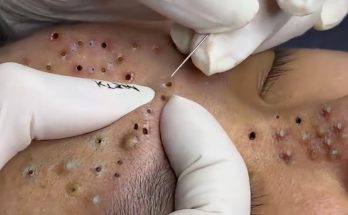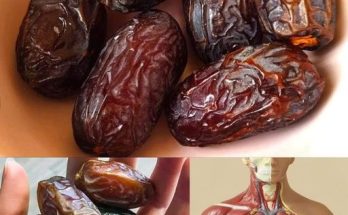
Ecklonia cava, a type of brown algae seaweed, has demonstrated potential in protecting against neurodegenerative diseases.
Parkinson’s disease is a neurodegenerative disorder characterized by the degeneration of dopamine-producing neurons, which are crucial for motor control and cognitive functions. As the worldwide population ages, the prevalence of Parkinson’s disease is quickly rising. This condition results from neuronal damage that occurs due to an overproduction of reactive oxygen species.
Suppression of reactive oxygen species generation is essential because it is fatal to dopaminergic neurons that manage dopamine neurotransmitters. Currently, only symptomatic treatment is available, so the development of treatment regimens and prevention methods is necessary.
Fortunately, Associate Professor Akiko Kojima-Yuasa of Osaka Metropolitan University’s Graduate School of Human Life and Ecology led a research group that has verified the physiological effect of Ecklonia cava polyphenols, seaweed antioxidants, on the prevention of Parkinson’s disease.

Study Findings and Potential Implications
In this study, two types of motor function tests were conducted using Parkinson’s disease model mice that were orally fed the antioxidants daily for one week and then administered rotenone. Results showed that motor function, which was decreased by rotenone, was restored. There was also improvement in intestinal motor function and the colon mucosa structure, a special tissue that covers the colon.
Further, cellular experiments using Parkinson’s disease model cells verified the biochemical interaction of the preventive effect of Ecklonia cava. Validation results showed that the antioxidants activate the AMPK enzyme (adenosine monophosphate-activated protein kinase), an intracellular energy sensor, and inhibit the production of reactive oxygen species that cause neuronal cell death.
“This study suggests that Ecklonia cava antioxidants may reduce neuronal damage by AMPK activation and inhibiting intracellular reactive oxygen species production,” stated Professor Kojima-Yuasa. “It is hoped that Ecklonia cava will be an effective ingredient in the prevention of Parkinson’s disease.”
Reference: “Ecklonia cava polyphenols have a preventive effect on Parkinson’s disease through the activation of the Nrf2-ARE pathway” by Yuri Yasuda, Tamaki Tokumatsu, Chiharu Ueda, Manami Sakai, Yutaro Sasaki, Toshio Norikura, Isao Matsui-Yuasa, and Akiko Kojima-Yuasa, 27 June 2024, Nutrients.


